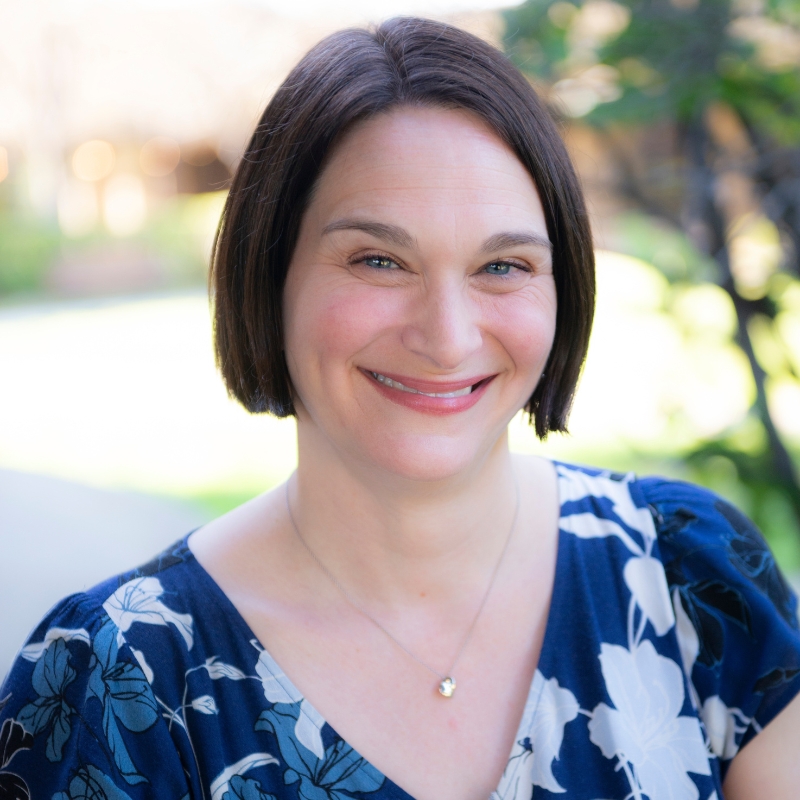The first Labor Day was celebrated in New York City on September 5, 1882. The event was created to celebrate the strength and achievements of American workers and to raise awareness about labor issues like child labor, unsafe working conditions, and fair wages. In the years that followed, a majority of states passed laws recognizing Labor Day, and in 1894, President Grover Cleveland declared the first Monday of September as the federal holiday Labor Day.
I’m sure American workers appreciated the day off back then, and still do today, even though the focus on labor has diminished and the holiday is now mostly celebrated as the unofficial last day of summer. But what has had a much greater impact on American workers’ well-being is the passage and enforcement of laws protecting workers. Although we have come a long way in the last 125 years, our most vulnerable workers are still at risk for wage theft, unsafe working conditions, and other unjust labor practices. And our most vulnerable workers are, just as they were in the late 1800’s, immigrants.
Find more resources on Ki Tetze.
Today, according to the Bureau of Labor Statistics and the Institute for Policy Studies, immigrants are America’s most disadvantaged workers. They make up a disproportionately large share of low-wage jobs, such as caregiving, are far more likely to die on the job, and are more susceptible to wage theft. Undocumented immigrants are even more vulnerable to wage theft and unsafe conditions because they are less likely to report violations due to fear of retaliation and exposure of their immigration status. With the recent surge in ICE activity, researchers are concerned that wage theft will only increase as immigrants are more afraid than ever.
This week’s Torah portion, Ki Tetze, speaks to our special obligation to protect low-wage and immigrant laborers. We read, “You shall not abuse a needy and destitute laborer, whether a fellow Israelite or a stranger in one of the communities of your land. You must pay out the wages due on the same day, before the sun sets, for the worker is needy and his life depends upon it.” (Deuteronomy 24:14-15) The commentators note that this appears to be a repetition of the law found in Leviticus 19:13, “You shall not defraud your fellow [Israelite]. You shall not commit robbery. The wages of a laborer shall not remain with you until morning.” But, as Rashi points out, here in Deuteronomy, the prohibition is more specific: One is not allowed to abuse any laborer, but especially those who are needy or destitute. In addition, this law applies to both one’s fellow Israelite and to the stranger living in the community.
Find more commentaries on workers’ rights.
Compared to its counterpart in Leviticus, the law in Deuteronomy evocatively captures what’s at stake. “You must pay out the wages due on the same day, before the sun sets, for the worker is needy and his life depends upon it.” Because the worker is poor, his life depends upon his wage; he lives paycheck to paycheck, so to speak, and so must be paid on time in order to survive. Even delaying one day could mean that he or his family will go hungry. In addition, “his life depends upon it” could be interpreted as “for it [the wage] he risks his life.” As the Talmud argues, “For what reason did this laborer ascend on a tall ramp or suspend himself from a tree and risk death to himself? Was it not for his wages? How, then, can his employer delay his payment?!” (Bava Metzia 112a) Even in talmudic times, it was recognized that the poorest among us are often the ones who are forced to take on the most dangerous jobs. All the more reason that they should be paid fairly and on time!
The Torah teaches us that we have a special duty, not only to avoid exploiting, but to actively care for the poorest and most vulnerable in our communities. As we celebrate Labor Day, let us honor the contributions of this country’s workers, especially immigrant workers, and do all we can to ensure that every person — rich and poor, immigrant and not — can live and work in safety and dignity.
Rabbi Sarah Weissman (she/her) was ordained in 2008 by the Hebrew Union College-Jewish Institute of Religion in New York City. She is the rabbi of Temple Beth Torah in Fremont, CA.

